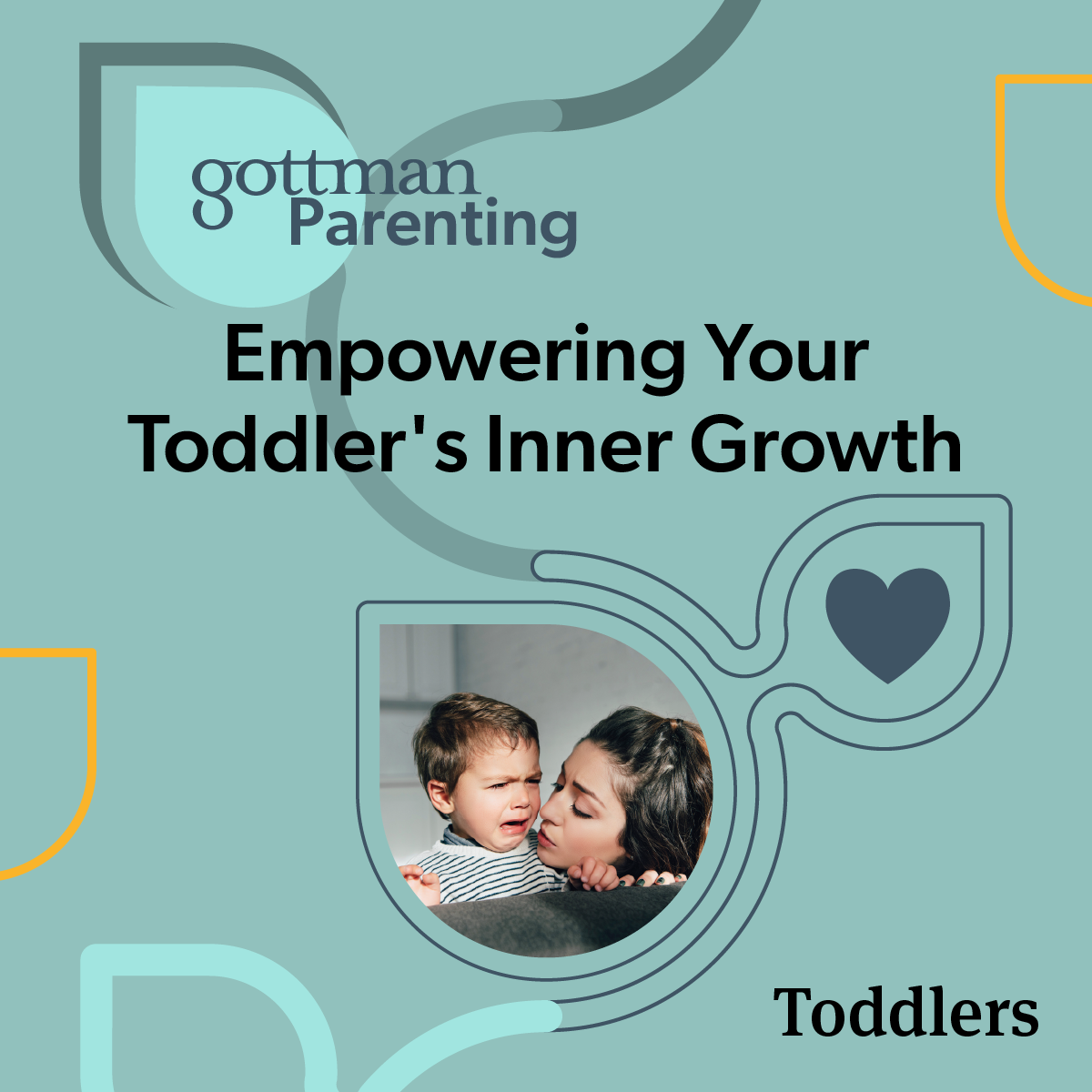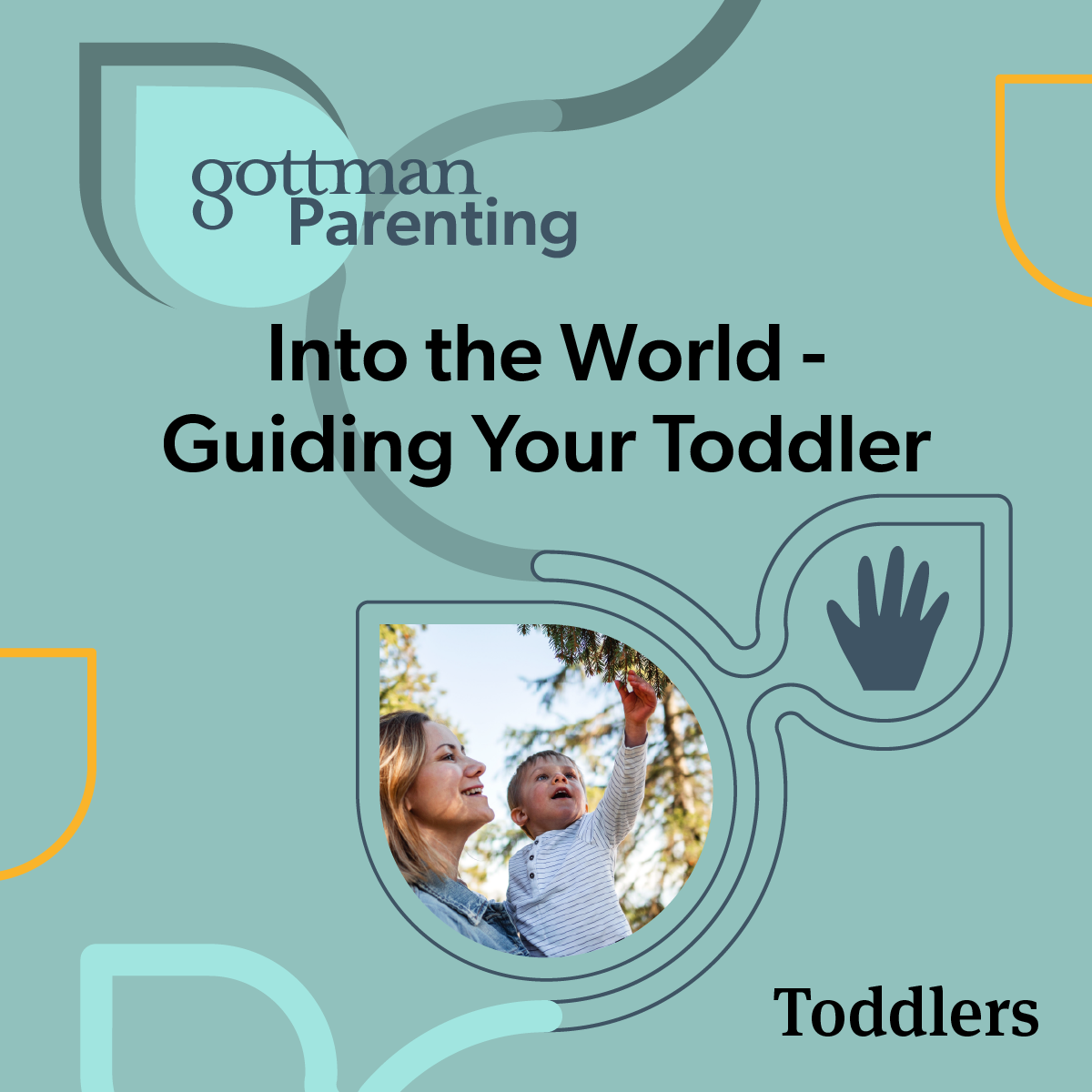Many couples experience conflict around how they raise and interact with their children. Discipline, expectations, and chores are some of the potential problem areas. If you think about it, it makes sense. You are both coming from unique childhood and family of origin experiences. You had different experiences growing up, and you may have different ideas about your role as a parent or what you want your relationship with your child to look like.
This is normal and provided you and your partner talk about it on a regular basis, it is ok. Remember every conflict is an opportunity for connection. Let’s first understand the different parenting styles and what they look like.
What are the different parenting styles?
There are four generally accepted different styles of parenting. People may not perfectly fit into one category, but for the most part this is how parenting characteristics are typically clustered.
Authoritarian
- Establish rules without explanation
- One way communication
- Use strict punishment and discipline
Authoritative
- Highly involved and nurturing
- Set clear expectations and boundaries and explain them
- Offer affection and support
Permissive
- Set few rules or boundaries
- Don’t enforce rules and expectations
- Communication is open but without guidance
Uninvolved
- Basic needs met but without nurturing and support
- Almost no expectations or rules
- Limited communication
Where do differences come from?
Parenting differences can stem from different:
-Histories (family of origin)
-Personalities
-Cultures (traditions, beliefs, values, etc)
-Lifestyle needs/preferences
-Meta-emotion styles
-Experiences
-Fears
How differences show up
If one parent is Authoritative and one is Uninvolved, then one person will likely be doing all of the work around parenting. There will be an imbalance in the workload of each parent which can lead to a feeling of resentment.
With Authoritarian/Authoritative parents there may be disagreement over how to use discipline (to teach or to punish.) There might be conflict about involving kids in the process of establishing family rules and boundary setting.
In a Permissive/Authoritative family there may be more areas of agreement. However, conflict might arise about enforcing rules and having high expectations of their children.
How to navigate different parenting styles
Certified Gottman Therapist Kimberly Panganiban, LMFT offers a two step approach to use with your partner to get on the same page. This conversation is key to presenting a united front for your children and keeping your relationship strong. If you don’t talk this through, it can easily become a perpetual or even gridlocked problem and negatively impact your relationship/marriage.
Learn to dialogue:
Take time to have a discussion with your partner where you each go through and answer this set of questions.
- What are your beliefs about the role of a parent?
- What does discipline mean to you? What does love mean to you?
- Name 3-5 values that are most important to you to instill in our children. Why are those values so important?
- What were your parents like when you were a child?
- Talk about what you liked and didn’t like.
- What are your goals and also your fears in raising our children?
- What are your beliefs about how emotions (happiness, sadness, anger, fear, love, pride) should be expressed/managed?
Create compromises:
Once you have a deeper understanding of each other’s core beliefs, you can talk through the following.
Identify and share your core needs.
Identify and share your areas of flexibility.
What are your areas of agreement?
Create goals around the areas of agreement.
Suggest temporary compromises around core needs.
Importance of parental alignment
While it is ok to have disagreements around parenting, it is important to keep discussions respectful and not have the 4 horsemen come into play. When establishing boundaries and consequences with your children, parents need to be aligned with one another. When responding to misbehavior or situations where rules were broken, parents might need to step away from their child to have a discussion on their own before they can respond to the situation.You can say something like:
‘We are really upset about this situation. Mom and I need a few minutes to talk about it before we talk to you.’
The reality is you may need a moment to get on the same page or you may just need time to collect yourself and get to a point of self regulation. Parenting can be stressful and emotional. Remember even though kids might not ‘like’ a lot of rules, they need that structure to feel safe and secure.










